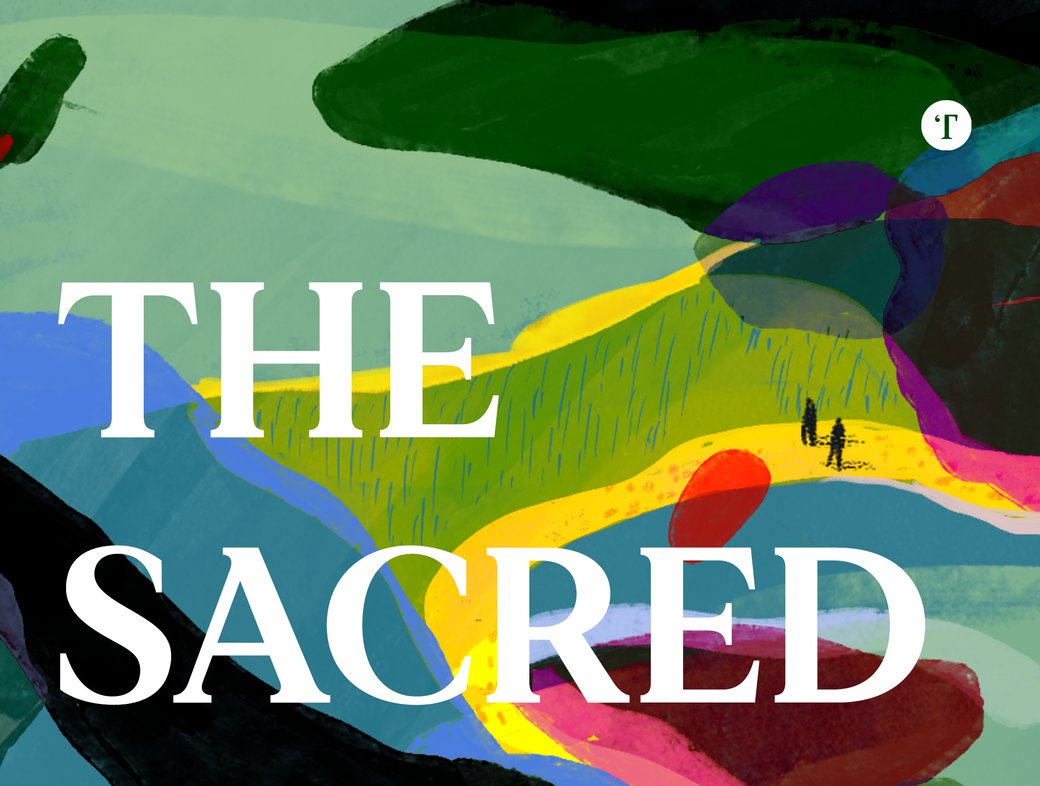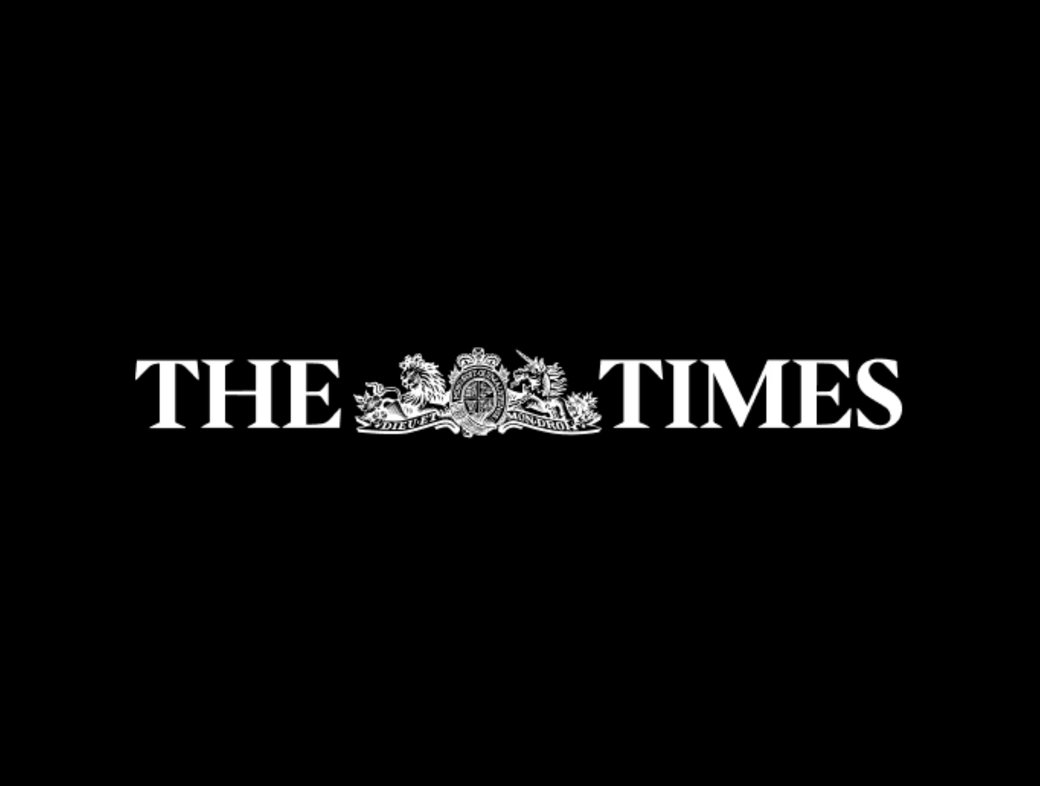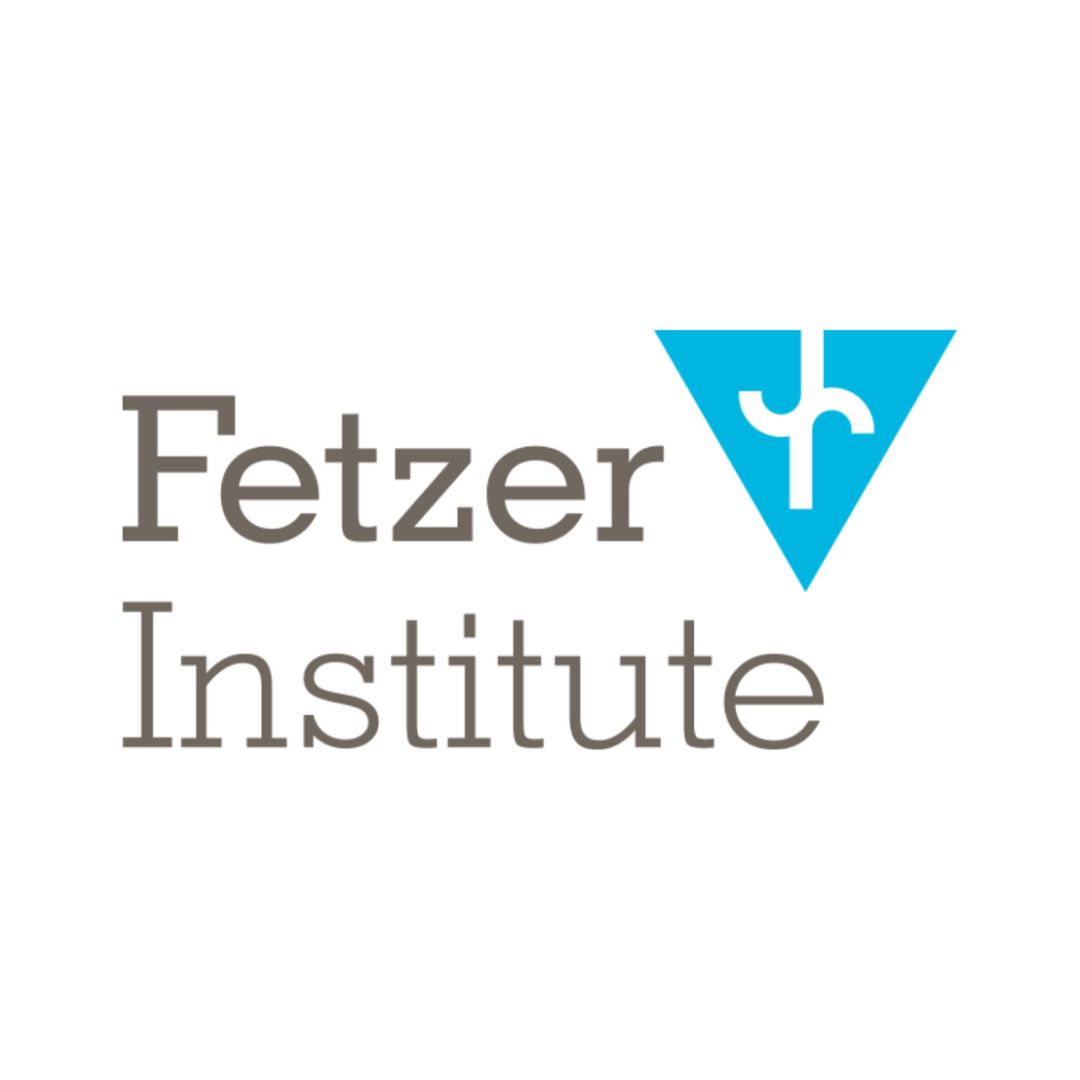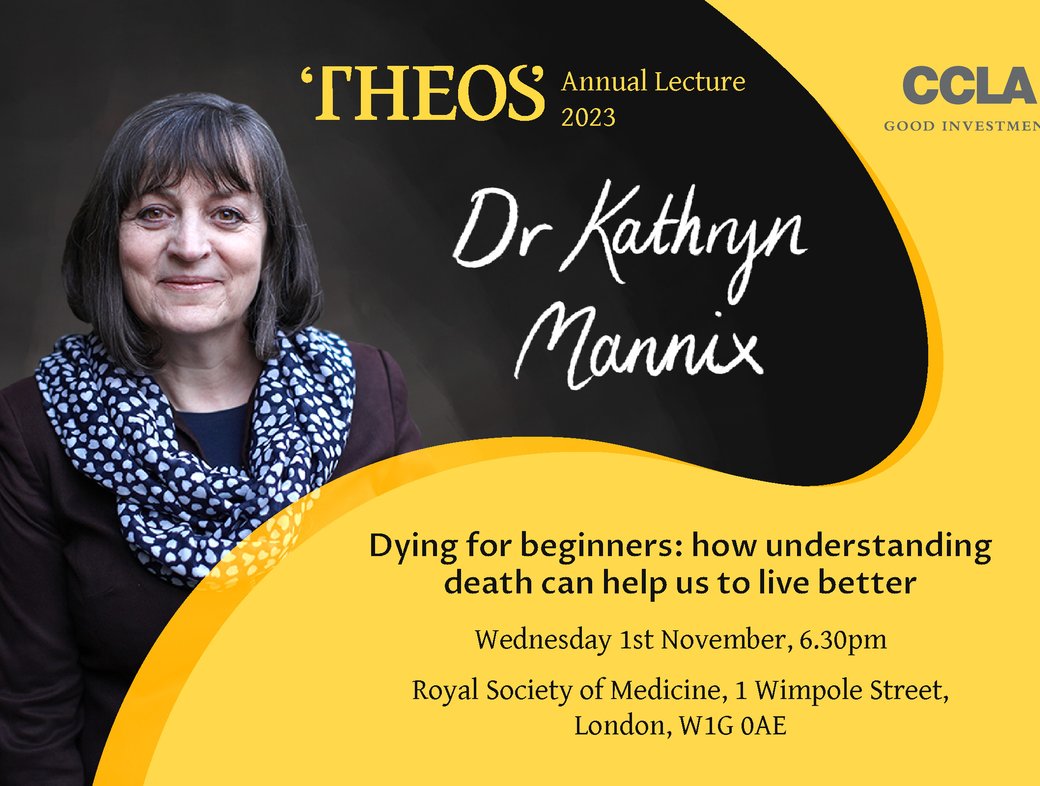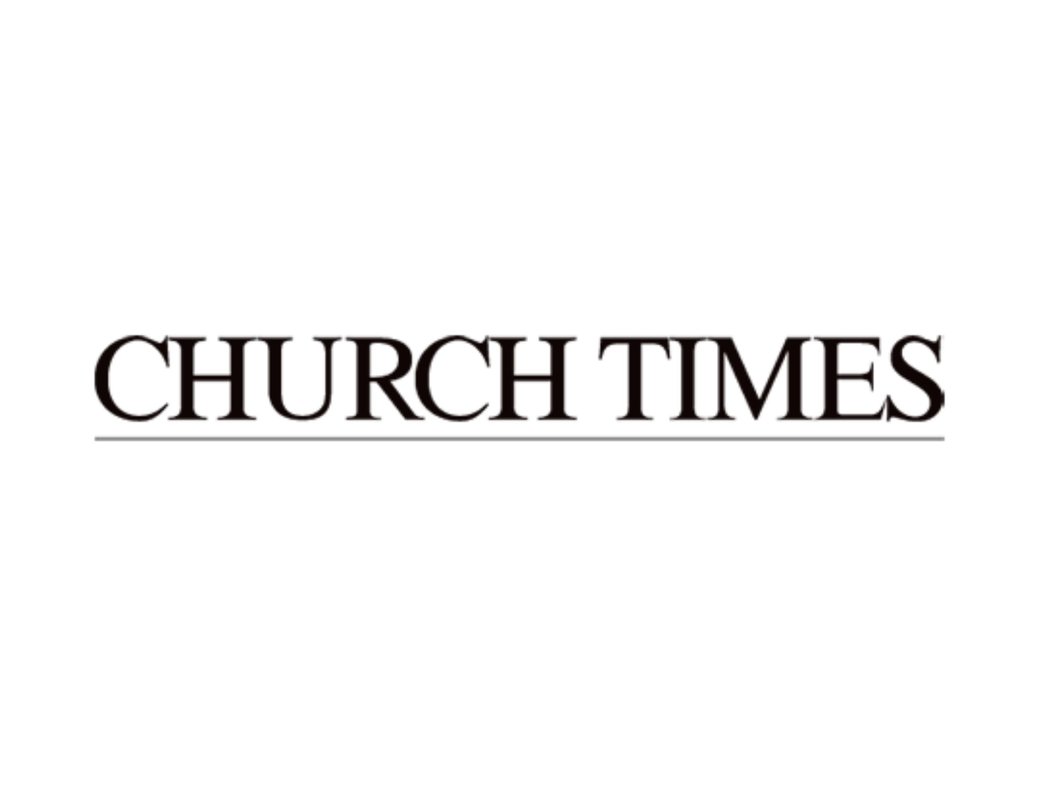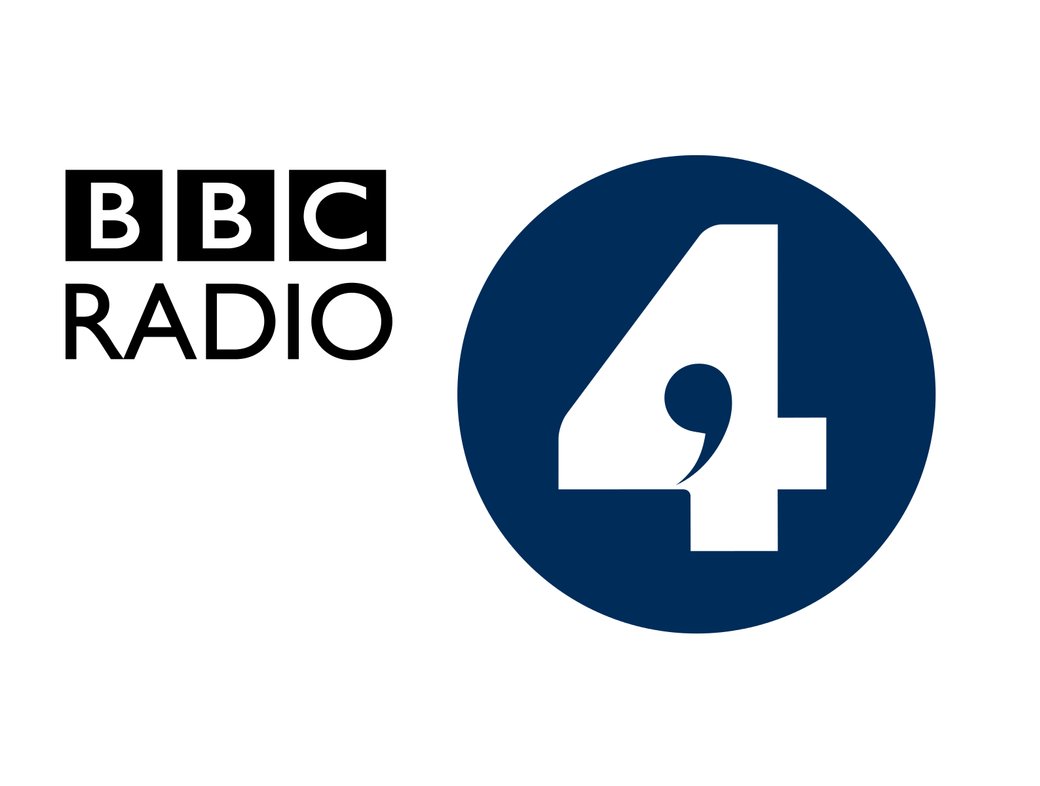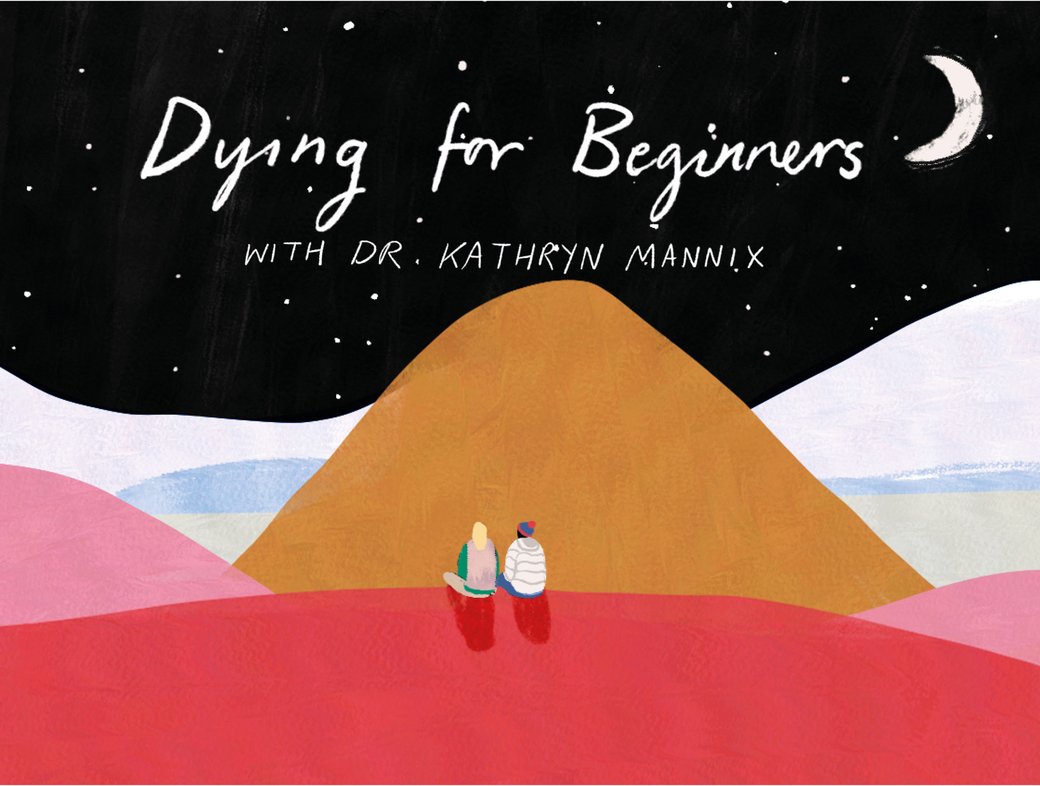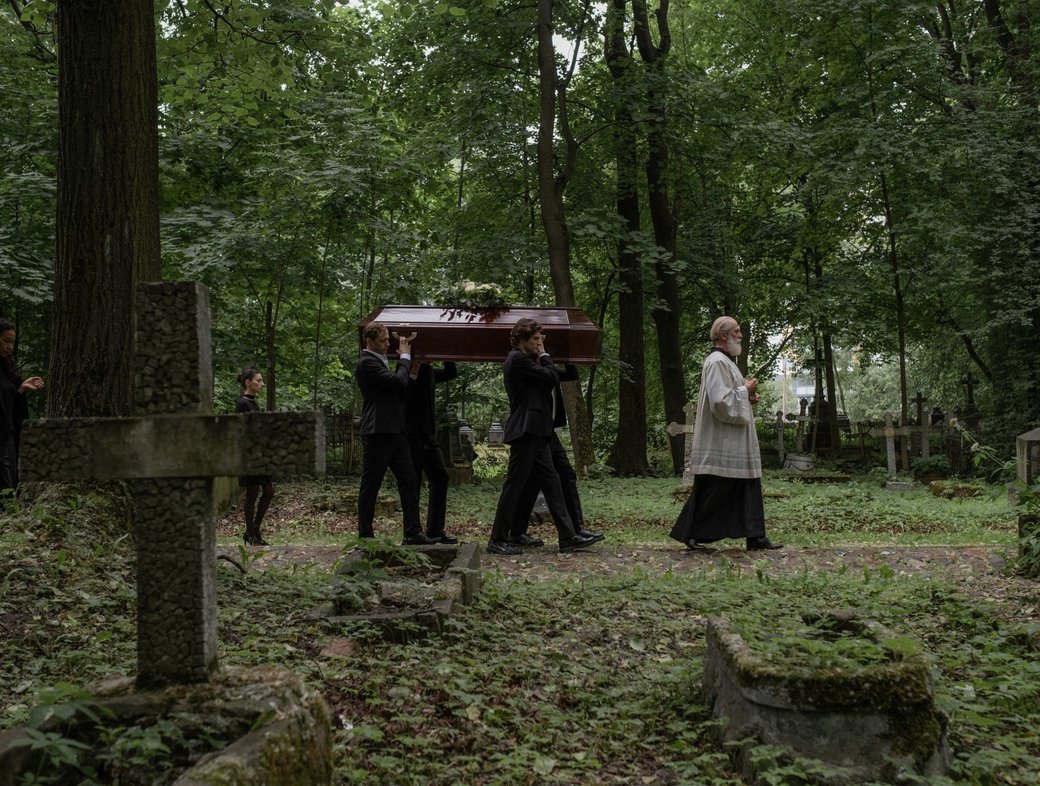
Theos exists to enrich the conversation around the role of religion in public life, and one of the main ways in which people have historically engaged most directly with faith and belief is as at moments of grief and loss.
But our society keeps death at arm’s length and out of sight. We are not exposed to the ordinary process of dying, not prepared for our own deaths, and increasingly likely to grieve behind closed doors too, as more and more people choose not to have a funeral at all.
This is partly due to the exorbitant ‘cost of dying’, but also reflects a more profound loss of conviction about the importance of shared ritual space. As formal religious affiliation continues to decline, we are losing a sense of the sacredness of both life and death. In the gap that is opening up, economic considerations, personal preferences and technological solutions gain prominence. This is a profound transformation in the way we approach death and dying: market forces are radically shaping how we grieve even our most personal losses, and in ways that most of us don’t even notice. This leaves us poorer as individuals and as a society.
In a pluralist world, the Church is rightly one of many voices in this conversation but it still has a vital role to play – offering not only its physical space, but also its spiritual and pastoral resources. In particular, Christianity holds together the full range of emotions we experience in loss, from grief ‘at the foot of the cross’ and celebration of life, through to the hope of resurrection.
Theos has produced and curated a suite of essays, research reports, lectures and animations on this topic. Explore them below – whether it’s musician Nick Cave & journalist Sean O’Hagan talking about death on The Sacred podcast, our two major reports on trends in (and emotional responses to) death, dying and the afterlife, an account of the physical dying process narrated by bestselling author and palliative care specialist Dr Kathryn Mannix, or the 2023 Theos Annual Lecture entitled “Dying for Beginners”.
Interested in this? Share it on social media. Join our monthly e–newsletter to keep up to date with our latest research and events. And check out our Supporter Programme to find out how you can help our work.
